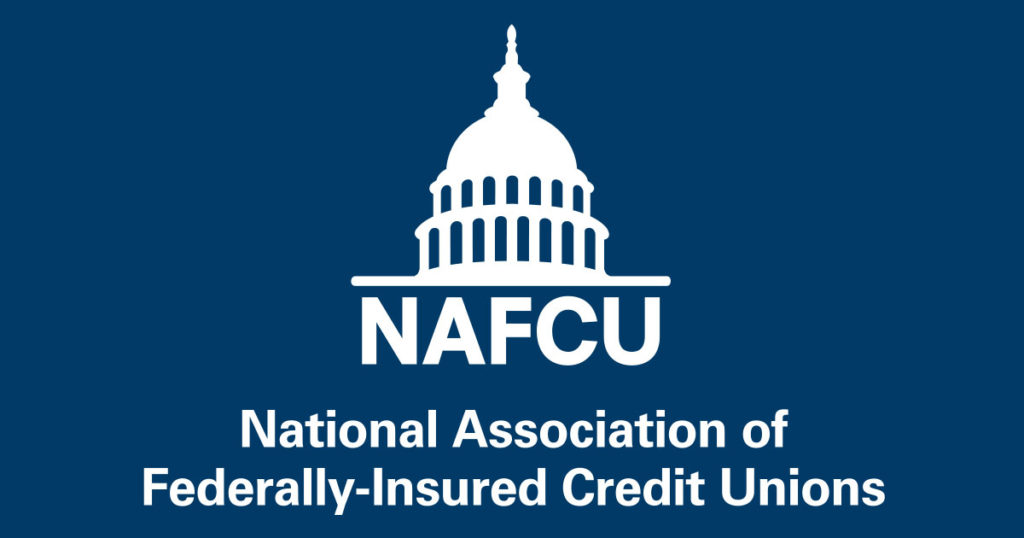
Ahead of Wednesday’s House Financial Services subcommittee hearing on consumer credit reporting, NAFCU’s Brad Thaler highlighted the importance of accurate credit reporting – for consumers and financial institutions – but cautioned lawmakers on making changes in an attempt to provide relief amid the coronavirus pandemic that could have “unintended consequences.”
“For example, some have proposed requiring furnishers of information, such as credit unions, to review and consider new or additional information each time a consumer disputes the accuracy of information in their credit report,” wrote Thaler, NAFCU’s vice president of legislative affairs. “We have some concerns that this could result in predatory credit repair companies continually disputing accurate information, at great cost to financial institutions and consumers. Such continuous dispute opportunities could lead to situations where accurate ‘negative’ information ends up being excluded from credit scores due to ongoing disputes.
“This will also leave less bandwidth for real disputes to be investigated,” he added.
Thaler also flagged concerns that expanding private rights of action “could have a chilling effect on credit unions and other financial institutions that could see a rise in frivolous lawsuits that will take resources away from serving consumers.”
To bolster credit reporting efforts, Thaler offered NAFCU’s support for using alternative credit score models to ensure creditworthy borrowers – who have previously been marginalized for lack of traditional credit history and other issues – have access to affordable credit. He also called for holding credit reporting agencies accountable for data security requirements under the Gramm-Leach-Bliley Act (GLBA) and recommended they be subject to CFPB or Federal Trade Commission (FTC) examination.
NAFCU has consistently shared with lawmakers how credit unions are working to help members facing financial hardship amid the pandemic. The association noted the example of the CARES Act provision that required furnishers to report to the credit reporting agencies an account as current if an accommodation was made during the pandemic, balancing the need for accurate credit reports with consumer needs, but also warned against efforts that call for blanket suppression of negative credit information.
NAFCU will continue to advocate for policies that do not create additional burdens on credit unions and expand access to credit for those who are unbanked or underbanked.
Source: NAFCU










